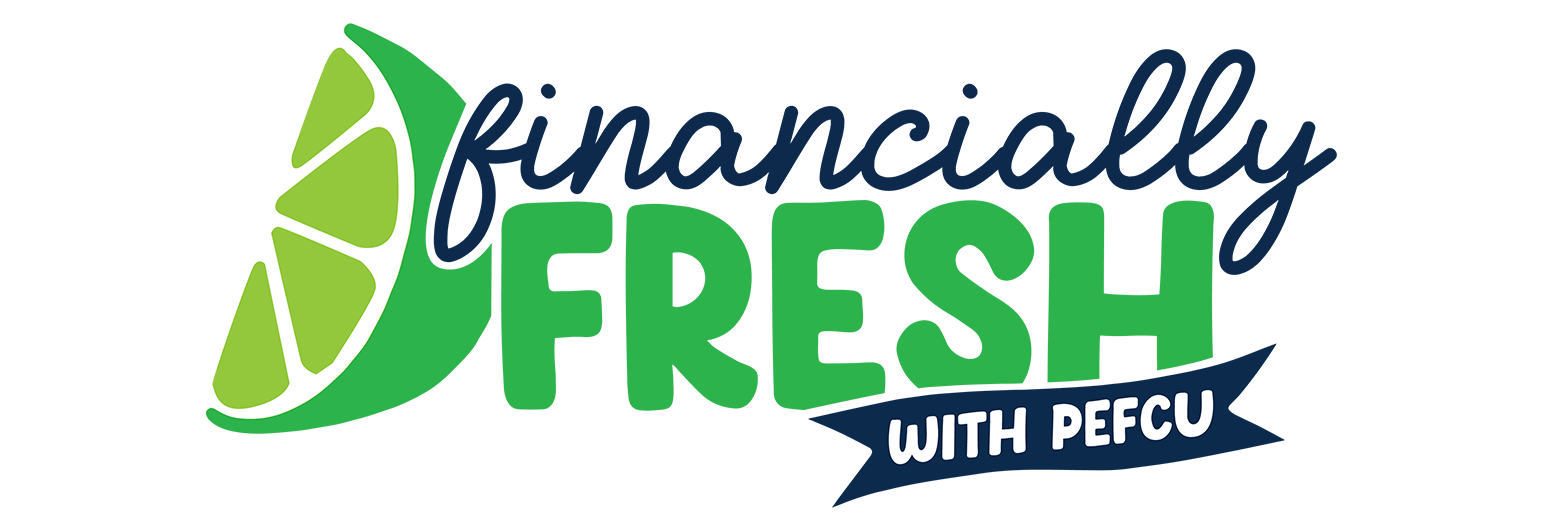November 2, 2020Renting vs. Buying – Pros and Cons
Given the high upfront costs associated with buying a home, it is no surprise most young people start asserting their independence by renting their own living space instead. As they advance in their careers, save money, get married, and start families, most eventually buy a home. On the other hand, many other homeowners are selling their houses and choosing to rent to downsize.
Whether you’ve been renting for a long time and want to buy a home or are a homeowner considering renting instead, you’re in the right place! In this article, we will discuss the pros and cons of renting and buying. Hopefully, we will help you decide which is best for you.
Renting: Pros & Cons
A common misconception that first-time homebuyers have is that since their current rent is about the same as a mortgage payment in terms of monthly cost, why not buy a home instead? While the cost may seem to be the same, when you own a home, there are more overall expenses associated with it. If you move around a lot or can’t keep up with the demands of home maintenance, you may be better off renting.
Here are some pros and cons of renting:
Pros:
- Less Financial Responsibility: As a renter, you don’t have to pay to maintain the home’s condition. If any of the major appliances break or malfunction, it is the landlord’s responsibility to pay someone to fix it, not yours.
- No Long-Term Commitment: Once your lease is up, you can either renew or you can simply move to another rental property. If you change jobs or plan to leave your rental, you don’t have to worry about selling the property.
- Lower Upfront Costs: When renting a home, you will need to put down the first month’s rent along with a refundable security deposit, and possibly last month’s rent, depending on your credit history.
Cons:
- No Equity: The rent you pay each month never goes toward your home ownership, instead, it helps pay off your landlord’s mortgage.
- Restrictions on Personalization: When you rent a home, you don’t get to personalize your space fully. The most you can expect to do is temporarily paint the walls and bring in your furniture. If you paint your walls, be prepared to repaint them the original color before you move out.
- No Tax Advantages: Since you rent a home instead of paying a mortgage, you can’t deduct mortgage interest from your taxes.
Buying: Pros & Cons
If you buy a home, you invest in your future. And investments are risky! Buying a home is a HUGE decision and should not be taken lightly. It is not always the best choice for everyone. Although there are first time home buyer programs that offer down payment aid, there may be higher upfront costs to buy.
We will go further into details about what questions you should be asking yourself to decide whether you are ready to buy a home, but first, let’s discuss the pros and cons of buying:
Pros:
- Equity: When you buy a home, part of your monthly mortgage payment, is applied to your principal. This means that every time you make a payment you are building equity. Usually, the value of your home increases as your loan amount decreases, increasing the equity. Eventually, you’ll pay the home loan off and own your home outright.
- Tax Breaks: Mortgage interest payments may be tax-deductible. NOTE: With recent changes in the tax law, we recommend that you speak with a CPA about deductions per your unique financial situation.
- Freedom to Personalize: When you own your home, you can design and decorate it to your heart’s content. If you upgrade your home, those improvements may help increase its value.
Cons:
- Long-Term Commitment: Buying a home means that you are committed to your mortgage payment and your home. If you move, you’ll either need to sell your home or rent it out and keep the responsibilities of a property owner.
- Maintenance Costs: Everything that needs to be maintained in the home is your responsibility. You must maintain your lawn or pool (if you have one), all your appliances, electrical, plumbing, and roofing. If you need to replace or fix something, the financial responsibility will be entirely yours.
- Possible Depreciation: While historically property values across the U.S. have risen, there is always a possibility that they will fall in a specific area due to a variety of reasons and changing market conditions.
Should I Purchase a Home or Continue Renting?
It is a big decision. Take your time and do research so that you get the best benefits overall. Here are some questions to ask yourself before moving forward:
- Does it make sense financially to buy a home?
- Do I have enough for a down payment?
- Am I emotionally ready to commit to buying a home?
- Do I have the skills and money needed to maintain a home?
- Is my job stable enough to meet monthly financial obligations?
We’re Here to Help!
Our home loan experts ask detailed questions before we start the home buying process. They don’t get a commission for generating loans, but they are here to help you live your best financial life. If you have questions on the home buying process or would like to discuss different mortgage options, stop by or give us a call at (800) 226-6673.
Each individual’s financial situation is unique, and readers are encouraged to contact the Credit Union when seeking financial advice on the products and services discussed. This article is for educational purposes only; the authors assume no legal responsibility for the completeness or accuracy of the contents.


